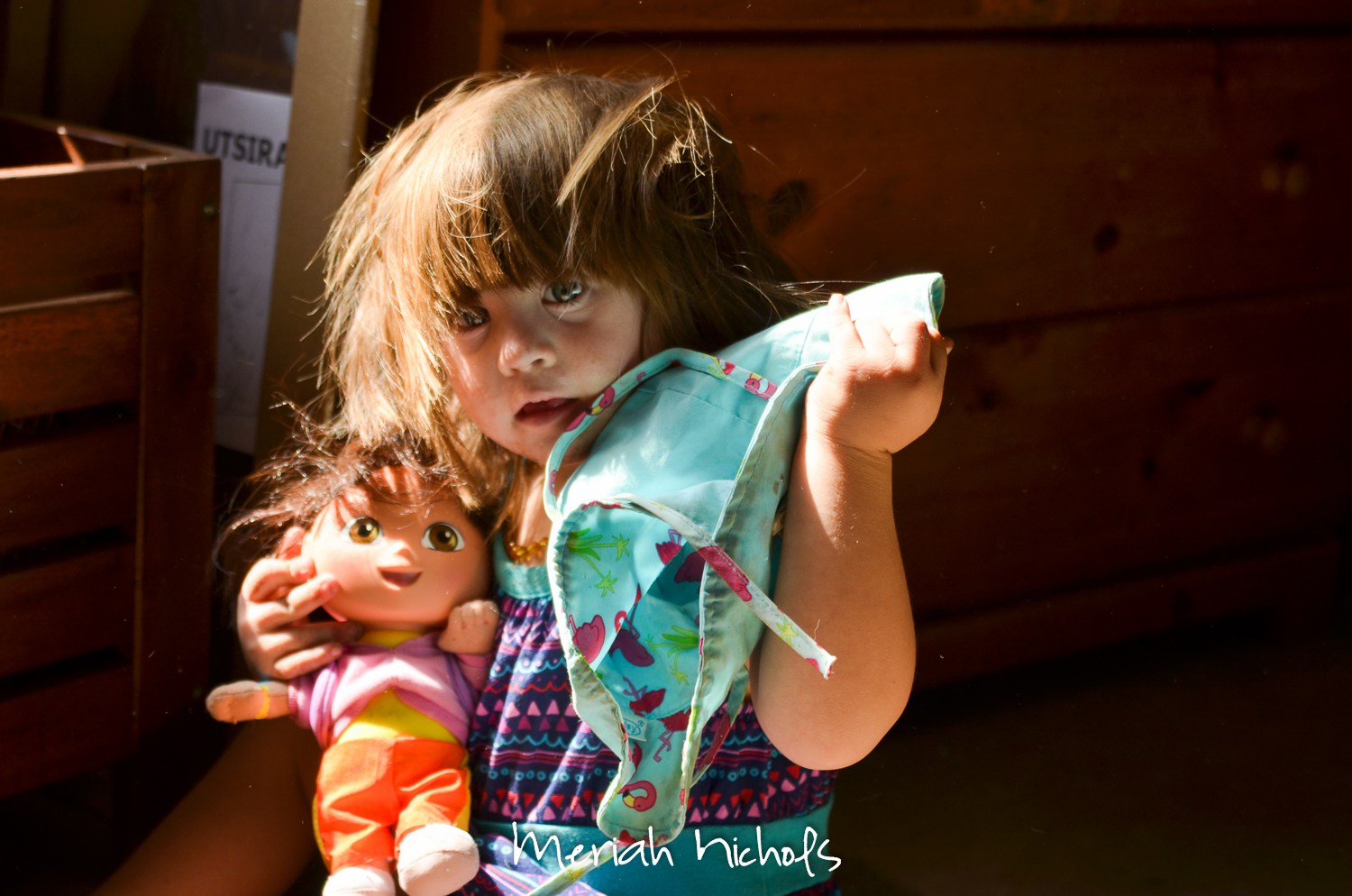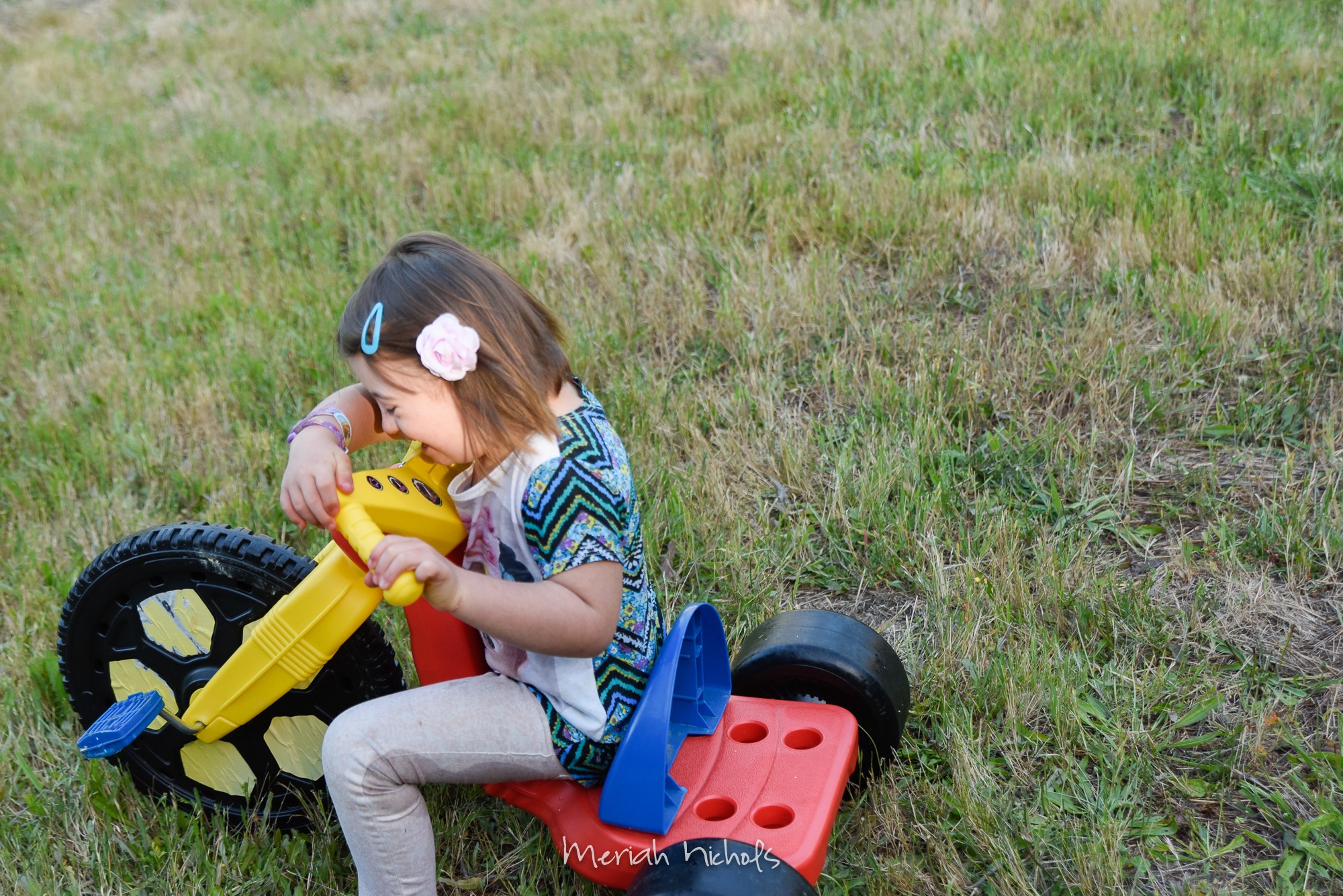Say the Word.
 I am fascinated by disability as a subject—the history of people with disabilities, how disability presents itself, what difference means. I enjoy questioning mainstream ideas of disability and I thoroughly disagree with the idea that disability is something to cure, that people with disabilities are broken bits of flesh that need fixing.
I am fascinated by disability as a subject—the history of people with disabilities, how disability presents itself, what difference means. I enjoy questioning mainstream ideas of disability and I thoroughly disagree with the idea that disability is something to cure, that people with disabilities are broken bits of flesh that need fixing.
Let’s talk about difference.
DISABILITY OR SPECIAL NEEDS?
I’ve got to admit that when I joined the “special needs” community—six years ago by way of giving birth to my daughter with Down Syndrome—I was confused with all the “special needs” this and that. As a deaf woman with bipolar disorder, PTSD, and Traumatic Brain Injury, I was and am completely used to the term “disability”—but “special needs”? I wasn’t sure about that at all.
dis-a-bled:
Physically or mentally impaired, injured, or incapacitated. Also: impaired in a way that substantially limits activity especially in relation to employment or education.
special needs:
The special educational requirements of those with learning difficulties, emotional or behavioral problems, or physical disabilities.
—dictionary.com, Merriam-Webster
Common definitions of these terms cause basically well-meaning people to assume that because I can’t hear without hearing aids, because I can’t see without glasses, because I can’t mentally function without drugs or care, and because my brain switches off when under stress, I’m disadvantageously “impaired, injured, or incapacitated,” and therefore my quality of life is reduced.
While I appreciate that our culture has created a “sociopolitical model” that tries to accommodate…“us”… I must say: I’m disabled—but I’m not “impaired, injured, or incapacitated.” No, in fact, I think I’m quite highly able and in full capacity of my own self.
As for “special needs,” evidently they are an outcome of disability, not disabilities themselves. Special needs are the accommodations that have been devised to assist those whose bodies, brains, and/or senses are wired and tapped in a unique way.
COMMON USAGE
When interacting with parents of kids with disabilities, I notice two things. People used the terms “disabled” and “special needs” interchangeably, and most parents of kids with non-visible disabilities like Autism or with less-visible disabilities like Down Syndrome prefer “special needs.”
I have a hunch that the latter is because “special needs” has a softer sound to it. Like, “my kid is normal; s/he just has some needs that are singular, uncommon!” “Special needs” doesn’t sound quite as stigmatized as “disabled” does; doesn’t sound as…oh, “wheelchair bound” or “crippled.”
It’s just kind of like, “little Johnny is remarkable” and not so much “little Johnny has constant seizures.”
I think that we—as a society—seem to dislike the word “disability,” walking on eggshells when interacting with people with disabilities. We just don’t dig it.
Since there’s not a better English word to use instead, people within the disabled community have gone about reclaiming the word “disabled.” We also have attempted to place disability within a social model. This model assumes that some folks live with physical, sensory, intellectual, and/or psychological variations, and that these variations might cause individual functional limitations. However, these limitations do not have to lead to disability. The “disability” lies within a social system that fails to include people regardless of their differences.
As for “disability” and “special needs,” the terms are not interchangeable. In general, when we prefer the term “special needs”—when we use “special needs” interchangeably with “disability”—we are weakening both, losing the value and meaning of both.
Many kids without disabilities are on the special needs track in school; many people with special needs do not have a disability. Many people with a disability do not have special needs.
EVERYBODY’S SPECIAL
And—while we are talking about it—“special needs” is just as inaccurate a term as is “disability,” because who on earth does not have special needs? We all do. I find the word misleading, because again, it groups together very disparate people with very disparate characteristics into an educational setting, saying, “these kids need to be taught differently than everyone else.” And it assumes that one teacher has expertise in about a million specialties.
As a teacher, I can tell you with conviction that everyone needs to be taught differently than everyone else. We all learn in unique ways; we all have needs that are special unto ourselves!
“Disability” does not need to be such a scary, unsexy, stigmatizing word. We can use it, and use it well, use it often, use it in good ways, in describing ourselves and our children. We can describe all those who uniquely use their minds, senses, bodies—and, in my opinion, feelings—without signaling “impairment.” By being conscious of how we talk about disability, then we change the power that lies in the word. We transform it. “Disability” holds the potential to a power to see and experience the world in a completely different way.
Say the word.
By Meriah Nichols
See more at meriahnichols.com



